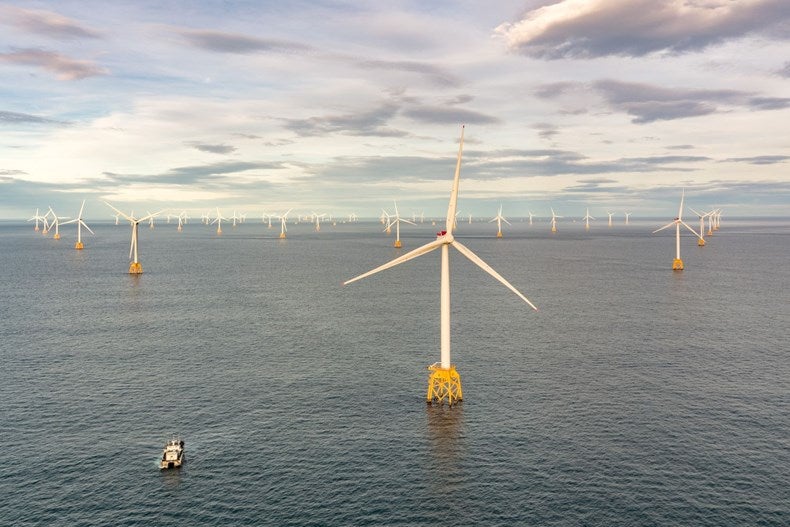
SSE Renewables has become a launch partner in a UK national initiative to make composite wind turbine blades more sustainable.
Aptly named SusWIND, the National Composites Centre (NCC) is leading the project which aims to accelerate the processes, technology and materials needed to increase the sustainability of existing blades and make new blades more recyclable.
Although most of the existing components and materials used in wind farms are recoverable and recyclable, the blades are a bigger challenge and are one of the missing pieces that would enable the industry to achieve a truly zero waste outcome.
Around 14,000 wind turbine blades are reaching the end of their usable life and facing either disposal in landfill or incineration. That’s almost 50,000 tonnes of industrial waste where the valuable composite material could be recovered and recycled to be used for many other applications.
Managing Director of SSE Renewables Jim Smith explained why the company had decided to support the initiative:
“Harnessing the abundant supplies of wind energy in and around the UK and Ireland is one of the most important contributions SSE Renewables can make in the race to net zero. The sustainable use of the world’s resources and reducing the impact of our activities on the natural environment is just as critical.
“That’s why SusWIND is so important to us – as well as improving the sustainability of wind turbine blades already in use, this national initiative will help deliver a next generation of blades that can be recycled at the end of their life. In doing so we can build a truly sustainable supply chain for the wind industry in every sense.”
Richard Oldfield, Chief Executive of the NCC, explained what SusWIND was aiming to achieve:
“Composites are a key enabler for the success of wind energy and the role that it plays in delivering a low carbon global economy. But it is apparent to engineers, economists and environmentalists alike that we need to find a more sustainable way forward.
“Investing now in the future of blade sustainability will help unlock the use of recycled composites for the next generation of sustainable transportation and infrastructure. We’re excited to work with key partners and the wind industry through this ambitious programme to deliver a more sustainable future.”
Delivered in partnership with the Offshore Renewable Energy (ORE) Catapult and supported by The Crown Estate and RenewableUK, SusWIND brings together leading stakeholders in the composites industry and energy sector to solve the sustainability challenges associated with the wind energy industry.
SusWIND’s work will be focussed on the following three topics of investigation:
RECYCLE: Demonstrating viable technologies for recycling the existing stock of wind turbine blades, many of which are reaching the end of their life, and then using the waste materials to develop secondary applications such as composite parts in electric vehicles, bridges and even in thermal insulation.
SUSTAIN: Driving the use of more sustainable materials, such as bio-derived feedstock or thermoplastics in developing composites for turbine blades, rather than from unsustainable sources or with limited potential for economic recyclability.
DESIGN: Developing innovative new approaches based on design for disassembly, utilising sustainable materials and with end-of-life strategies in mind, therefore future-proofing the next generation of wind turbine blades.






